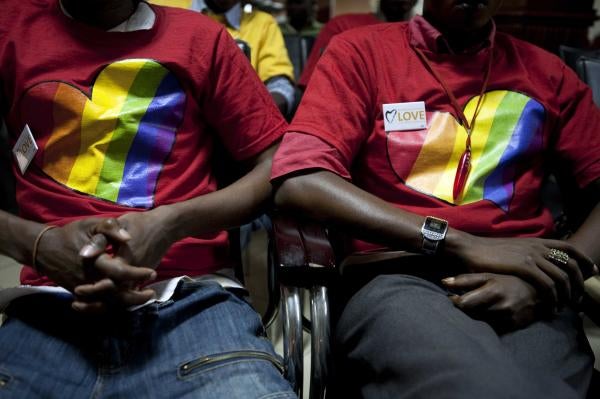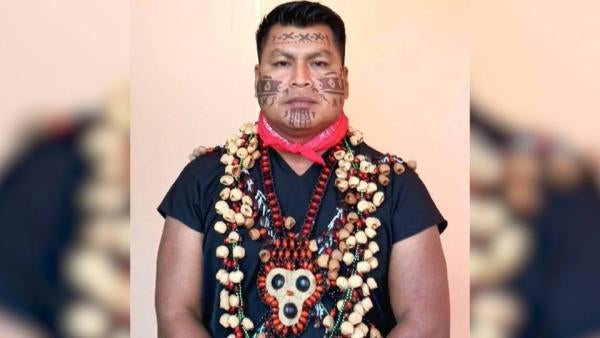Since the Kremlin massively expanded its invasion of Ukraine last year, Russia has been abducting countless numbers of children from occupied areas.
It’s been a whirlwind of horror and illegality.
In some cases, Russia has forcibly transferred children to other occupied territories in Ukraine. In other cases, Moscow’s forces have deported them to Russia and placed them in Russian foster and adoptive families.
The kids are assigned Russian nationality and separated permanently from their families, communities, and country.
There are also reports children from Ukraine are being transferred to “camps” and other facilities in Russia and Russia-occupied territories, which Russian officials have said provide “integration” and “patriotic education.”
While many abducted children had been living in Ukrainian institutions, most are not “orphans.” Most have living birth parents or other relatives in Ukraine.
And if there’s any doubt, it is a well-accepted principle under international law that in emergencies like armed conflict, adoption is not an appropriate response for unaccompanied and separated children. The idea is: assume they have living relatives, and work to find them.
In any case, you’re never supposed to systematically take the kids to another place, try to brainwash them with your imperialist “patriotism,” and pass them along to unknown guardians.
It poses a substantial threat to children’s safety and wellbeing, as well as to their sense of identity and belonging.
Make no mistake: everything I’m describing here is not only outrageous but also illegal. The forcible transfer, deportation, and adoption of children from Ukraine is a clear violation of the children’s human rights and of international humanitarian law.
There needs to be justice for the crimes of forced transfer and for other serious crimes committed in Ukraine.
But perhaps even more urgently for these traumatized children themselves is for the UN, its relevant agencies, and all concerned governments to be working on reuniting them with their families.
They should be raised by their own relatives in their own culture and communities, speaking their own language.








